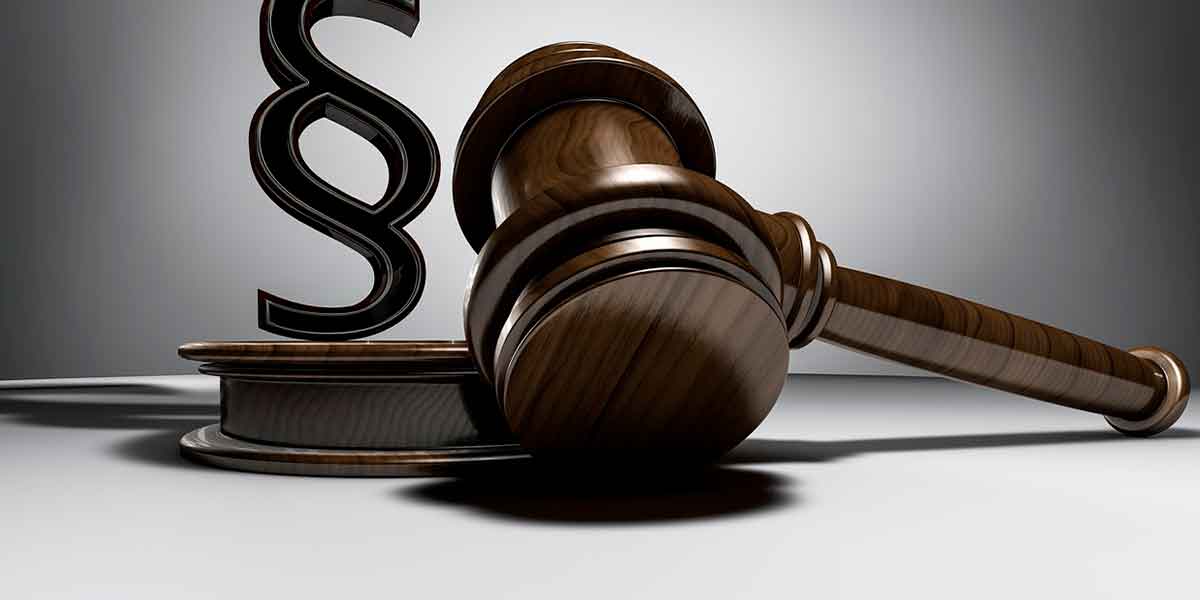When an individual passes away, it is common for their estate to go through the probate process in court. This is where the deceased individual’s assets are transferred to the rightful heirs. Probate is used to validate a will, with the executor responsible for dividing the assets and distributing them to the beneficiaries listed in the will. If there is no appointed executor in the will, the court will appoint an administrator to oversee the process. Due to the time-consuming nature of probate, many questions often arise. Below are some common FAQs related to probate that can provide a better understanding of the process.
Initiating Probate with a Will
If a will is present, it may designate an executor or multiple executors. In such cases, the appointed executors must come to a consensus and choose one among them to make decisions. The first step is to register the death and make funeral arrangements. The executor can then decide whether to proceed with the probate process or enlist the help of a probate attorney.
Proceeding without a Will or Locating the Will
If the will cannot be found, family members should be consulted to determine its whereabouts. Local solicitors can also be contacted to inquire if the deceased had utilized their services. In the absence of a will, the court will appoint an administrator to manage the estate.
Executor’s Role in Probate
Once appointed as an executor, there is no obligation to continue with the probate process. The executor can relinquish their rights to the other named executors if desired. If there is only one executor, they may grant power of attorney to a lawyer to assist in the process.
Legal Responsibilities of the Executor
Executors must adhere to probate laws and act in the best interests of the estate and beneficiaries. This includes settling any outstanding debts and taxes before distributing the estate. Proper advertisement of the decedent’s death is also essential to allow creditors to make claims, for which the executor may be held liable.
Engagement of an Attorney in Probate
For estates with significant value, consulting an attorney for guidance through the probate process is advisable. However, for lower value estates, probate may not be necessary.
Managing Taxes in Probate
Upon the decedent’s passing, taxes for their final year must be settled, with separate filings for the individual and estate. The executor is responsible for calculating and paying the decedent’s taxes and filing tax returns accordingly.
Creditor Payments in Bankrupt Estates
Executors are not personally liable for paying creditors if the estate is bankrupt. However, if mishandling of the estate reduces its value, the executor may be held accountable. Additionally, debts from cosigned loans may require executor payment.
Adherence to the Deceased’s Will
Following the instructions in the deceased’s will is paramount. Beneficiaries should act promptly to prevent misuse of the estate for personal gain, ensuring they receive their entitled inheritance.
Costs Associated with Probate
Executor and attorney compensation is outlined by law, with executor compensation typically specified in the will or directly requested from beneficiaries. Attorneys may charge a fixed rate for their services during the probate process.
Concluding Remarks
Handling the probate process alone can be complex, given the numerous regulations and rules involved. It is advisable to seek guidance from an experienced attorney to navigate potential challenges smoothly. By enlisting the expertise of a lawyer, the probate process can be expedited without any complications.




